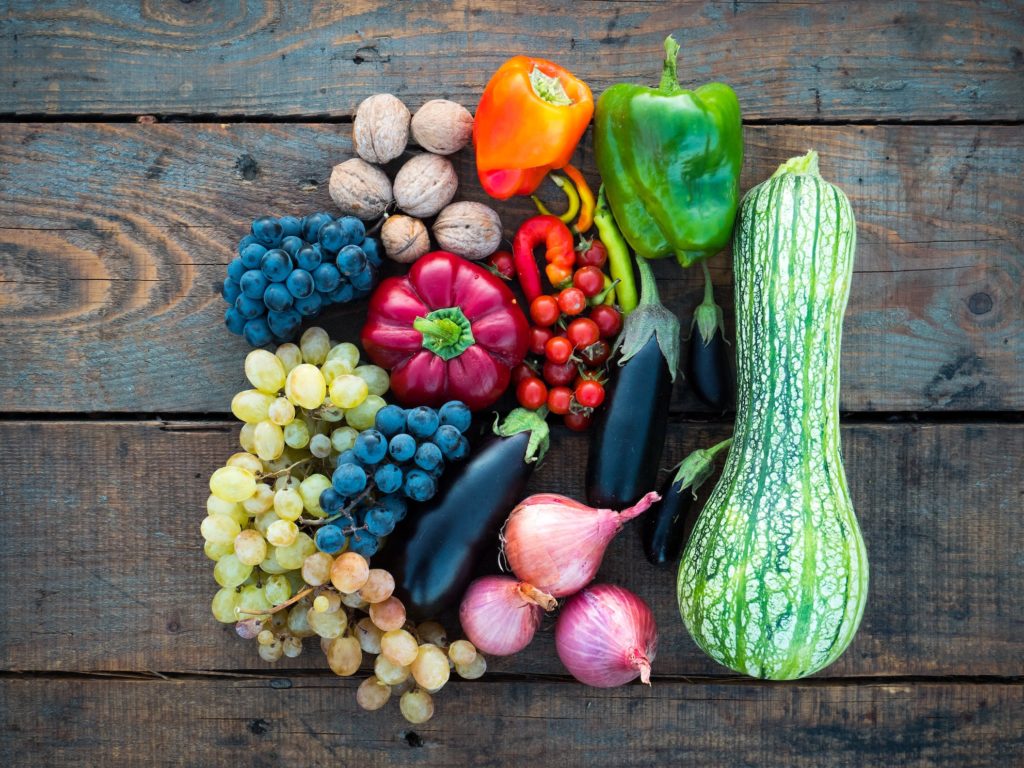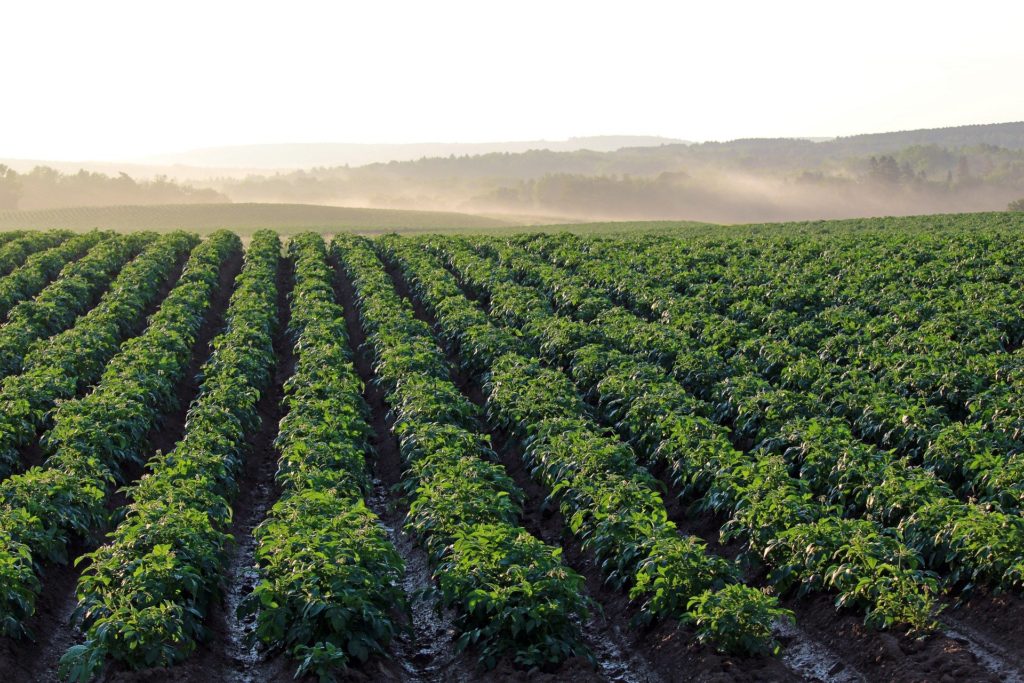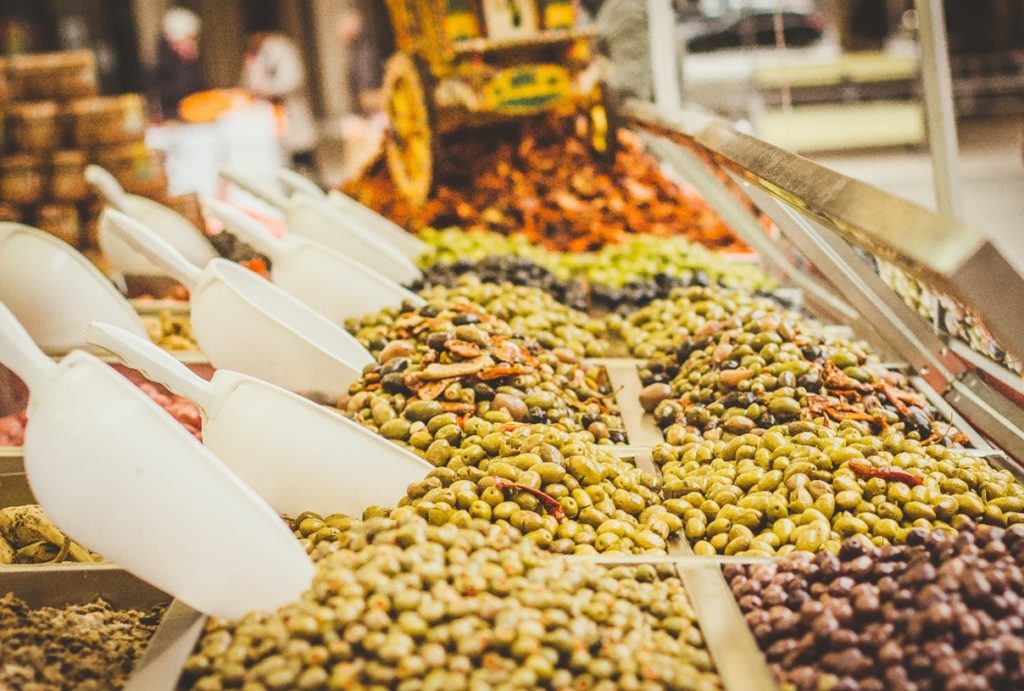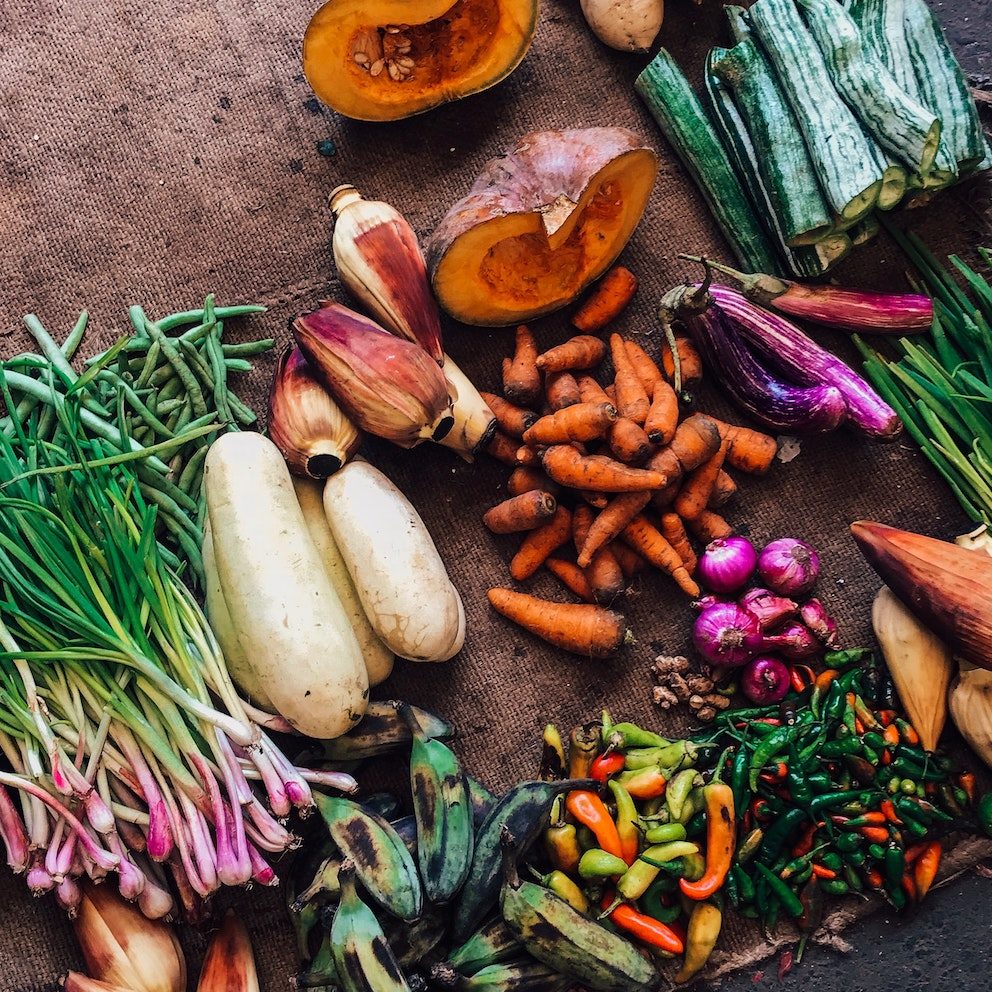
Dr Izabela Delabre
Birkbeck University of London
School of Social Science, History and Philosophy

Dr Mirela Barbu
University of Sussex
Business School
Drawing on academic literature from environmental studies, global value chains, political ecology and international trade studies, Dr Izabela Delabre and Dr Mirela Barbu have prepared five case studies on successful practices in agri-food value chains. They are presented in both a written and audio format here.
This research field is very rich, and the cases do not aim to provide an extensive literature review. Specific examples from the Mediterranean and Middle Eastern countries have been selected because their climatic conditions make the farming of crops and trees present in Syria possible.
The content of these case studies is linked to analytical dimensions of the global value chain framework (agricultural inputs and outputs, producers and power relations, institutional framework and trade regulations) maintaining a focus on sustainability. The topics are as follows:
- agricultural resource use
- producer organisations
- food standards
- by-products and waste
- international institutions and trade regulation
Food Standards
This case study focuses on food standards in global value chains. The use of food standards in ensuring quality, safety and sustainability issues is discussed, drawing upon examples from GlobalGAP for fresh fruit and vegetables, Fair Trade Palestinian extra-virgin olive oil, and protected designation of origin (PDO) and EU–organic certification extra-virgin olive oil in Southern Italy. Different types of food standards are presented, including public, mandatory standards, public voluntary standards, legally-mandated private standards, and voluntary private standards. The case study discusses the economic, environmental and social sustainability benefits and challenges associated with food standards, and considers the role of food standards in supporting food security.
Producer Organisation
Producer cooperatives and organisations can play an important role in local economic development and social cohesion. This case study examines forms of producer organisation and provides a review of the economic, environmental and social sustainability benefits and challenges associated with producer cooperatives and associations. It draws upon examples of olive oil cooperatives in Andalusia, Spain, highlights challenges in cooperatives in the Aegean region, Greece, and highlights the role of charities and funders in promoting cooperatives for improving economic development (e.g. Oxfam’s work in West Bank, Palestine). Finally, the links between producer organisations and food security are discussed.

Agricultural Resource Use
It is critical to ensure efficient and sustainable resource use in global agri-food value chains, yet water scarcity and land degradation present significant challenges in agricultural systems. This case study focuses on ways in which land can be used in a sustainable way. It examines lessons learnt from work undertaken to: (1) mitigate soil erosion in the Cànyoles river watershed of Eastern Spain, (2) examine the effects of irrigation in an olive-growing region in Andalusia, Spain, (3) improve water harvesting techniques, micro-catchment and mulching in pistachio plantations, Northern Jordan. The case study considers the links between economic, environmental and social sustainability and agricultural resource use, followed by reflections on how sustainable agricultural resource use can support food security.
International Trade Frameworks and Institutions
Trade agreements have important implications for how agri-food systems operate and can constrain or enable the extent to which nation states implement food system-level actions for health and sustainability. This case study introduces the role of institutions such as the World Trade Organization (WTO), and the Food and Agriculture Organization of the United Nations (FAO), and examines trading partners and import rules, drawing upon the European Union, China, and Russia as examples. The economic, environmental and social sustainability benefits and challenges associated with international trade frameworks and institutions are discussed, including how trade frameworks align with the UN Sustainable Development Goals. The links between trade and food security are discussed, considering different perspectives of how trade can support or hinder food security.
By-products and waste
Globally, one-third of food is lost or wasted from the points of production to consumption, and there is increasing awareness of the need to shift towards a resource-efficient economy (e.g. UN Sustainable Development Goal 12 on responsible consumption and production). This case study focuses on by-products and waste in global value chains, examining the examples of citrus waste management in Southern Italy, pistachio waste in Greece and olive mill waste management in Mediterranean regions. These examples reveal the diverse ways in which by-products can be utilised and valorised, and the challenges and opportunities associated with current waste management practices. The case study examines the economic, environmental, and social benefits and challenges associated with food waste and by-products, and how waste and by-product use relate to the issue of food security.



